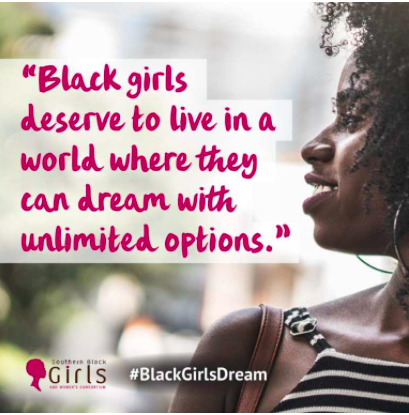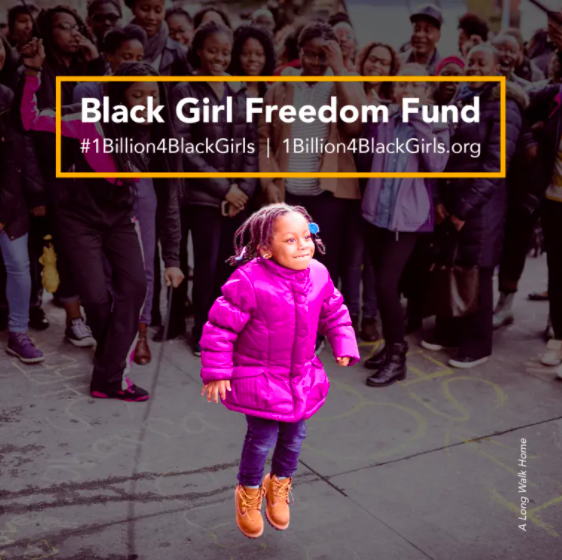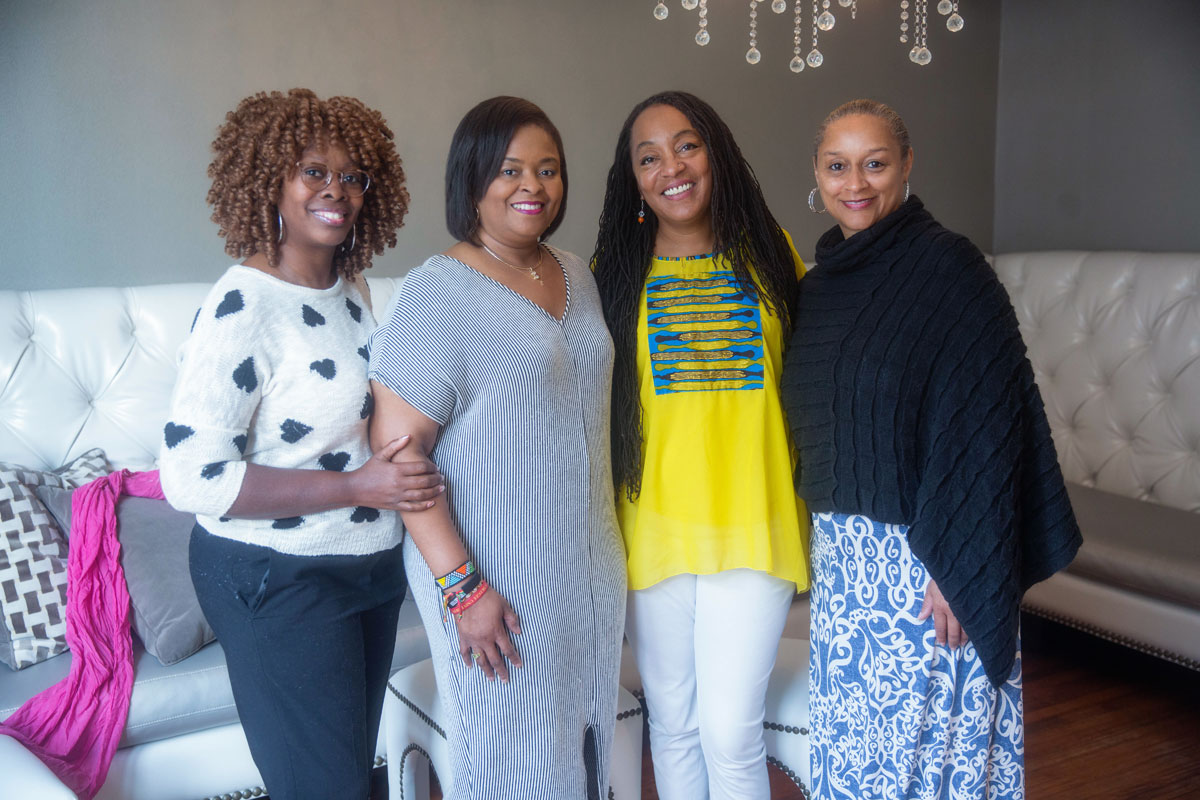Alice Jenkins remembers when the Southern Partners Fund, an initiative with three other organizations in the South, was set to receive funding from the Ford Foundation. Chicago received $1.5 million. Denver received $1.5 million. But when they reached the South, the entire region received $1.5 million to split among themselves, she said.
“You’re giving the city of Chicago the same thing you’re giving 12 states. We just don’t get equal access to resources in the South and we’re larger and (there’s) more Black people. And we’re looked at as the South as opposed to look at me as Georgia (or) look at me as Mississippi,” Jenkins, executive director for Fund for Southern Communities, told the Mississippi Free Press.
Even more staggering is that Black women and girls receive less than 1% of the $4.8 billion in philanthropic investments in the South, a report by the Southern Rural Black Women’s Initiative shows.
‘We Don’t Require a 40-Page Proposal’
To tip the scales, the Southern Black Girls and Women’s Consortium kicked off the Black Girls Dream Fund, a 10-year fundraising initiative to raise $100 million to financially support the goals and ideas of southern Black girls and women in the United States.
The Consortium is made up of four Black women-led organizations: TruthSpeaks Consulting in Atlanta, Ga., Black Belt Community Foundation in Selma, Ala., Appalachian Community Fund in Knoxville, Tenn., and Fund for Southern Communities in Decatur, Ga.

“Through the Black Girls Dream Fund, we aim to fill this vital funding gap and improve the quality of life for generations of Black girls and women,” Felecia Lucky, president of the Black Belt Community Foundation, said in a statement.
The consortium has raised $10 million in seed capital from the NoVo Foundation and has received additional donations from Women Donors Network, Mary Reynolds Babcock Foundation, Lucy and Isadore B. Adelman Foundation, Collective Future Fund and the Momentum Fund.
Organizations can use the funds to advance services and supports, such as affordable housing, entrepreneurial endeavors, legal assistance, mental and physical health and more. Funding will go to organizations that support Black women and girls of color in North Carolina, South Carolina, Virginia, West Virginia, Kentucky, Tennessee, Georgia, Florida, Alabama, Mississippi, Louisiana and Arkansas.
“We don’t require a 40-page proposal. We really need to know who you are, where you are, what you’re doing and what you need funding for,” Jenkins said of the application process.
Community Members Helping Choose Projects to Fund
The initiative breaks away from the traditional philanthropic model where a program officer makes the decision on who will get funded and how much, she said. With this initiative, the community will make the decision on how funds will be allocated.
“People in the actual community may sit on the decision-making panel, and they will review the applications that come in. They will make the recommendations to the anchor organizations, or consortium, saying we think these are the organizations that are out there doing the work,” Jenkins said.
The panels will consist of young girls, who will be known as ambassadors, and as well as wisdom panels made up of people who have been doing the work for years and people who are just becoming active, the executive director said.
The consortium conducted listening sessions with Black girls and women in every state that will receive funding, Jenkins said.
“These young ladies over and over again wanted access to better education, particularly, new books. I’m assuming they always get old books that come from another school system,” she said.
“My child, since he was in the seventh or eighth grade and he’s a senior now, has been working on a computer. They give each one of the students a laptop, so they don’t give them books anymore,” she added.
Young Black Women Carrying Burden of Households
The other commonality the consortium found was that Black girls carry the burden of being the adults in the household because their mothers are working multiple jobs to make ends meet, Jenkins said.

“They would say if I could just help my mother pay the rent or if my mother didn’t have to do this, if I could just make sure my mother’s health is fine. They carry the heavy burden of family with them everyday, of wanting things to be better for their mother, so that she doesn’t have to do so much,” she said.
Jenkins said some of the girls they interviewed had not been exposed to anything past their neighborhood, which is something they hope to rectify with the initiative.
But despite their circumstances, these Black women and girls had dreams and want to better their future, however, their current circumstances don’t allow them to invest in their dreams right now, she said.
“By investing in them and providing resources they have long been denied, we will enable Black girls and women to bring more of their magic into the world and fundamentally change the way the world views them,” Margo Miller, executive director of the Appalachian Community Fund, said in the press release.
The Black Girls Dream Fund is part of a larger effort, The Black Girl Freedom Fund, which is an initiative to raise $1 billion to invest in Black girls and women over the next 10 years. The fund launched Sept. 15 on the 57th anniversary of the 16th Street Church Bombing in Birmingham, Ala., that killed four black girls.
“This is vision and self-determination in action because if we change the future of the Black girl in the South, we change the South,” TruthSpeaks Consulting founder Latosha Brown said in a press release.
To learn more about the Black Girls Dream Fund and Southern Black Girls and Women’s Consortium, visit http://www.southernblackgirls.org/.






